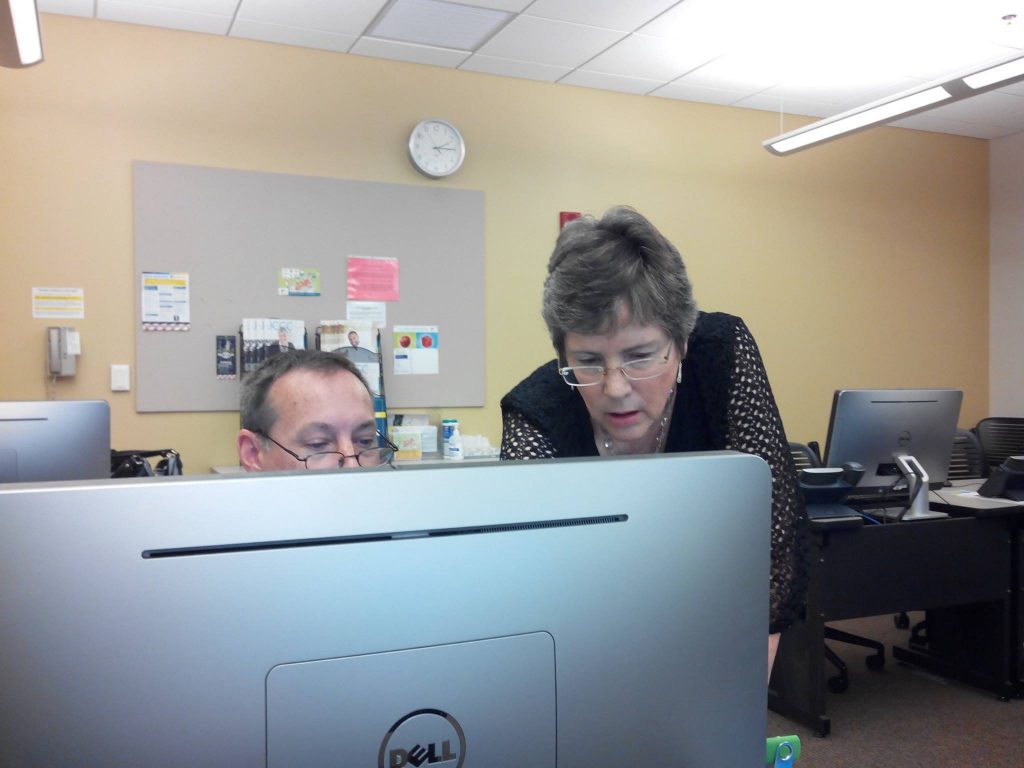 If you know me very well, then you know that I am an accreditation geek. What that means in my everyday life is that when I start talking about something in the world of accreditation, people’s eyes glaze over and they look at their watches frequently until I stop. For me, accreditation work is a wonderful opportunity to see what other colleges and universities are doing at a greater depth and breadth than can be observed looking from the outside.
If you know me very well, then you know that I am an accreditation geek. What that means in my everyday life is that when I start talking about something in the world of accreditation, people’s eyes glaze over and they look at their watches frequently until I stop. For me, accreditation work is a wonderful opportunity to see what other colleges and universities are doing at a greater depth and breadth than can be observed looking from the outside.
I recently had the opportunity to participate in a site visit (no names here) at a community college in the Higher Learning Commission universe. I was excited to see some of the wonderful work the faculty were doing in several areas, innovative programming, increases in student success, and probably the most highly engaged faculty and staff I have ever had the opportunity to meet. But, like all schools, I also observed the areas where the campus was struggling. In accreditation speak, the feedback the site team members give to campuses includes levels of “maturity” for the institution.
Maturity – that’s an interesting term to use when we think of institutions. Webster’s dictionary notes the definition as “full development,” or “termination of the period that an obligation has to run.” As I think about assessment and maturity levels I like the first definition of “full development,” but I think sometimes faculty would lean more toward the “termination” definition. I wonder, what would “full development” look like in assessment?
First I think that in a fully developed school, engagement in assessment would be across all disciplines and all faculty types, and would rely less on a compliance mindset and instead would focus on improving student learning. A fully developed assessment culture would value the work that faculty must in engage in to accomplish robust assessment and would have the appropriate infrastructure in place to support the effort. This would include significant ties to tenure and scholarly expectations. A fully developed assessment culture would use assessment results to inform curricular changes and drive discussions on general education requirements.
That’s my short list of what a “mature” assessment culture would look like. My longer list would have the reader’s eyes glaze over so I won’t keep going. I’ll just keep participating in accreditation visits and keep looking for examples of the best in academia, and continue to look for that fully matured, fully developed assessment culture – maybe I’ll find it at your campus.
